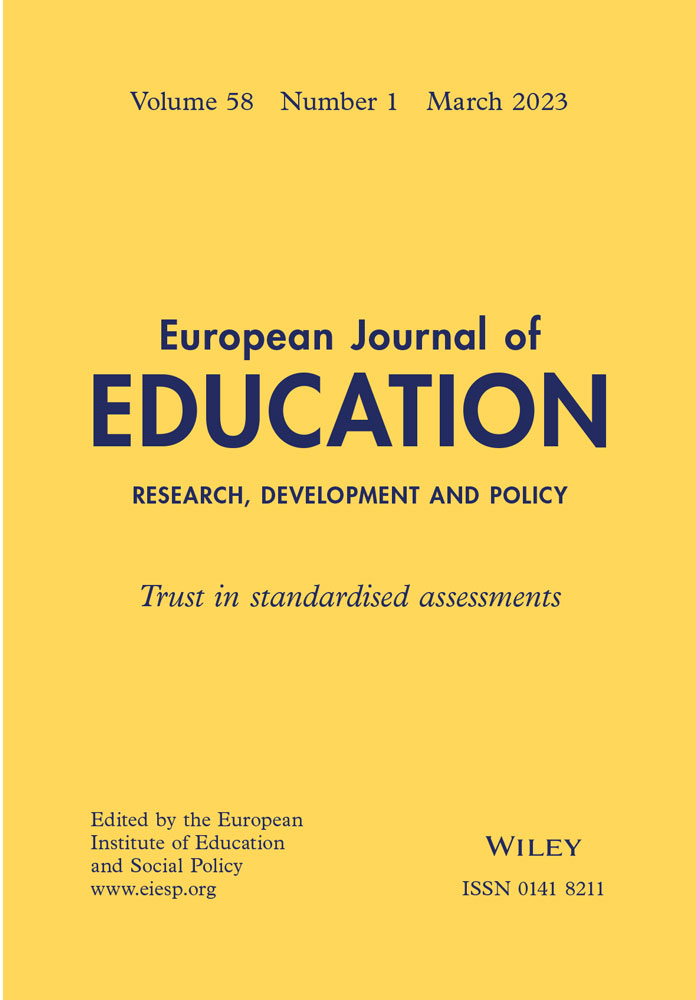
The effect of peer group stability on achievements: Evidence from Poland
This article reports on a study using data from nation-wide standardised examinations in Poland. We analysed the extent to which grade 9 student achievements have depended on the stability of their peer group over the course of middle school. We controlled for the fixed effects of schools attended by the students, as well as for individual achievements prior to middle school enrolment. To mitigate the risk for endogeneity, analysis was informed by a consideration of the fact that middle schools operate in different institutional relations with nearby primary schools. This also allowed us to distinguish between the effect related to peer group stability and the one connected to the stability of the learning environment in general. The results of our analysis show that instability significantly reduces students' expected performance in mathematics and science. The impact of peer group stability on test achievements varies strongly across the student ability distribution. Very low-performing students and top performers were most affected. The average students were largely unaffected. One category of students that seems to benefit from the change when moving to middle school are students from very competitive primary schools who have average skills.




